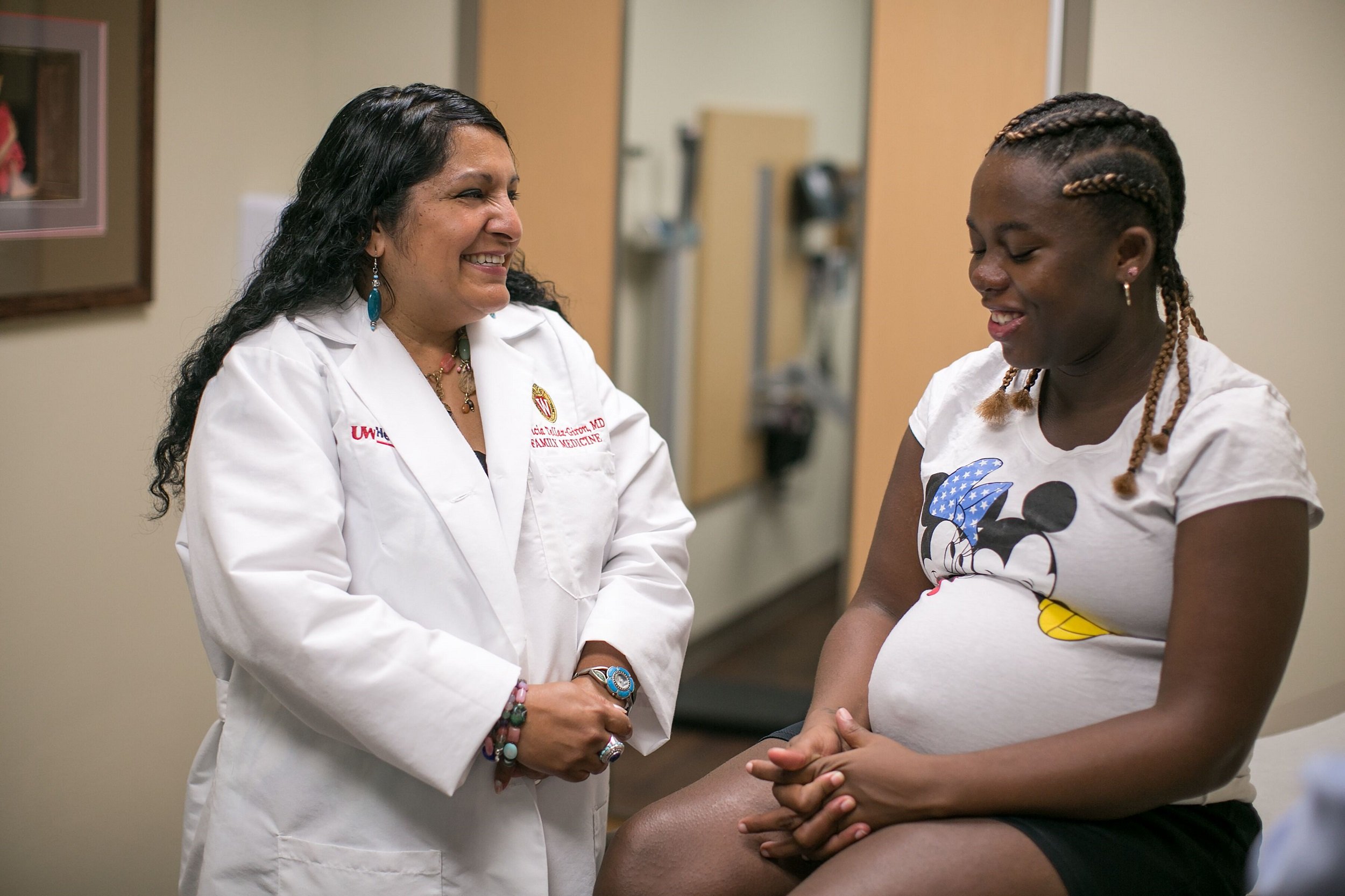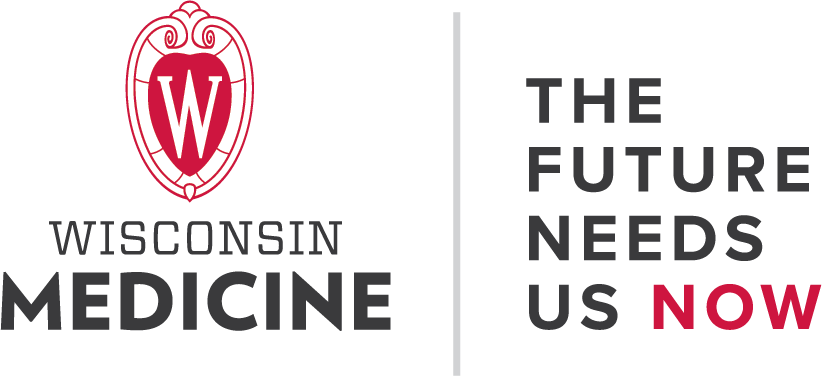
Health Equity
The Future Needs Us Now
Working to Improve Equity and Eliminate Disparities in Health Care
Efforts to reduce health disparities address the causes of and solutions to differences in health that are linked to social, economic, and physical environments. Addressing health disparities is an important and growing priority for health care. Historically, vulnerable populations have experienced an uneven playing field related to accessing and receiving the myriad resources that promote good health, including high-quality health care. As issues and conditions of inequity persist, more can be done to understand and eliminate health disparities at the local, state, national, and global levels.
Factors that often drive health disparities are the conditions in the environments where people are born and where they live, learn, work, play, and age. In the United States, factors that have a major impact on people’s health, well-being, and quality of life include:
Safe housing, transportation, and neighborhoods
Racism and discrimination
Education, job opportunities, and income
Access to nutritious foods and physical activity opportunities
Polluted air and water
Sexual and gender identity
Disabilities
With your support, Wisconsin Medicine can lead transformational change in health disparities through direct patient and family assistance and rigorous research around the social determinants of health. Additionally, through scholarship programs and outreach, UW Health and the UW School of Medicine and Public Health are working to create a more diverse health care workforce.
Gifts are being made through the University of Wisconsin Foundation which raises, invests, and distributes funds for the benefit of Wisconsin Medicine. Learn more.
Make Your Impact
-

Patient and Family Assistance
When patient and family assistance is identified as crucial, a coordinated effort is set into motion to assess which essential services are needed to ensure the best care for patients. Services including housing, transportation, medical equipment, and food and rent assistance are evaluated on a case-by-case basis, and an appropriate plan is executed for the patient or family in need.
-

Dean’s Academic Scholarship Fund
Gifts to this fund support scholarships for underrepresented medical students who are members of populations experiencing health disparities. Scholarship recipients are selected based on their academic achievement and future potential and are drawn from accepted applicants from populations experiencing health disparities, regardless of their state of residence.
-

Cancer Health Disparities Initiative
Contributions will help the UW Health | Carbone Cancer Center reduce the health disparities that adversely affect communities throughout Wisconsin and beyond by working to understand the root causes of these inequities and develop strategies and interventions aimed at closing the gaps.
-

Rural Women’s Health Fund
Give to this effort to combat ever-growing maternal health disparities and the increasing problem of birthing centers and rural hospitals closing by helping to bring outstanding women’s health care where it is most needed.
Housing, food, and transportation are all essential needs. But during a health crisis, they can be the difference between life and death. Find out how you can help to meet the needs of underserved and underinsured patients and families through patient and family assistance.
Program Highlights
Health Disparities Centers and Institutes
The University of Wisconsin established the first rural residency program in obstetrics and gynecology in the nation. And, as the first school of medicine and public health in the country, the UW School of Medicine and Public Health is committed to studying ethnic and racial disparities in health and health care, as well as the potential means to eliminate those disparities.
Center for Health Disparities Research
Established in 2021 at the University of Wisconsin–Madison and housed at the UW School of Medicine and Public Health, the Center for Health Disparities Research (CHDR) is a cross-campus research center committed to advancing cutting-edge research, education, and clinical innovations toward the elimination of health disparities. Informed by modern disparities theory espoused by the National Institutes of Health, CHDR adopts a multidimensional and life-course-based approach for advancing scientific solutions to ameliorate the conditions that contribute to health disparities. CHDR is a national leader in cutting-edge science aligned toward real-world intervention and needs your help to continue to grow.
UW Population Health Institute
The UW Population Health Institute (PHI) has existed since 1984 with the mission of accelerating capacity to create equitable conditions for everyone to be healthy by advancing knowledge, practice, policy, and system change across sectors. PHI advances health and well-being for all by developing and evaluating interventions and promoting evidence-based approaches to policy and practice at the local, state, and national levels. The institute works across the full spectrum of factors that contribute to health. PHI partners with faculty and community-based experts aligned with the mission and goals of the institute.
The Institute for Diversity Science
UW Health and the UW School of Medicine and Public Health are strengthening their commitment to the values of diversity, equity, and inclusion (DEI). A result of this investment will be the launch of the Institute for Diversity Science. The Institute will be an entity within the UW School of Medicine and Public Health, but its doors are open to UW faculty who are looking for collaborative opportunities to address some of the world’s most critical DEI and health disparities issues facing our nation today. The Institute’s overarching goal is to increase the effectiveness and measurable impact of research aimed at combatting racial inequalities through evidence-based science.
Public Health and Preventive Medicine Training
At the UW School of Medicine and Public Health, much of the curricular exposure for medical students on health equity, diversity of health workforce, and social determinants of health comes through the Path of Distinction in Public Health. The initial phase of this successful program was funded by a grant from the Health Resources and Services Administration and the Wisconsin Partnership Program, as part of the Transforming Medical Education initiative. A sustainable source of funding is needed to continue this programing. The preventive medicine residency trains physicians to prevent disease and promote health equity by addressing the social, cultural, and behavioral determinants of health.
Questions about Health Equity
Please reach out to continue the conversation about how you can join with the community of supporters in addressing health equity.
Complete the following contact form with any questions or comments you have about this effort. We’d love to discuss the crucial role you’ll play in offering essential patient assistant services, providing better access to clinicians, and delivering health care that is equitable and inclusive.
The Future Needs Us Now — the Campaign for Wisconsin Medicine
UW Health and the University of Wisconsin School of Medicine and Public Health are ushering in a new era of medicine — one that builds on breakthroughs to save more lives.


